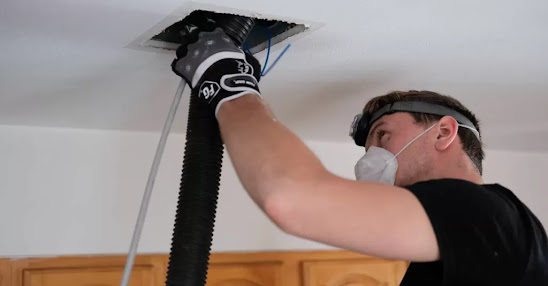Swimming Pool Maintenance: Key Practices for Longevity
- Get link
- X
- Other Apps
Maintaining a swimming pool is essential for ensuring its longevity and keeping it in excellent condition. By following key maintenance practices, pool owners can avoid costly repairs and enjoy their pool for many years. Proper maintenance not only keeps your pool sparkling clean but also helps prevent equipment malfunctions and structural issues. Below are some essential steps to maintain your swimming pool and ensure it stands the test of time.
Regular Cleaning of Your Pool
One of the most important aspects of swimming pool maintenance is keeping it clean. Over time, dirt, debris, and leaves can accumulate, causing water to become cloudy and affecting pool equipment. Using a pool skimmer or robotic pool cleaner is a great way to remove debris from the surface of the water. Regularly brushing the walls and floor of the pool also helps prevent the buildup of algae and other unwanted substances.
In addition to cleaning the pool’s surface and walls, it's vital to check and clean the pool’s filtration system. A clogged filter will not function properly, reducing the efficiency of your pool's filtration system and increasing the chances of algae growth. Regular filter cleaning ensures that your pool remains clear and the equipment runs efficiently.
Chemical Balance and Water Treatment
Maintaining the correct chemical balance in your pool is essential for both the health of swimmers and the longevity of the pool structure. Regularly testing the pH, alkalinity, and chlorine levels of the pool water ensures that it stays sanitized and balanced. Poor water chemistry can cause corrosion of the pool's interior, damage to pool equipment, and can lead to skin and eye irritation for swimmers.
In addition to chlorine, other chemicals like algaecides and clarifiers may be needed, depending on the condition of your pool. Make sure to follow manufacturer instructions and consult a pool professional for advice on maintaining the right balance of chemicals.
Inspecting Pool Equipment
A well-maintained pool is only as good as the equipment that keeps it running. Routine inspection of pool equipment like pumps, heaters, and filters is necessary to ensure everything is functioning properly. Look for any signs of wear or malfunction, such as unusual noises or leaks. If you notice any issues with your equipment, it's important to address them immediately before they turn into costly problems.
For specialized repairs or replacement of pool equipment, professional services may be required. Plumbing services are often needed for leaks or malfunctions in the pool’s plumbing system, ensuring the water circulates properly. In cases where equipment needs to be replaced, it’s essential to consult with a pool professional to determine the most cost-effective and efficient solutions.
Surface Maintenance
The pool's surface, including its tile, plaster, or fiberglass, is another critical component to maintain. Over time, the surface can become worn, leading to stains or cracks. To prevent these issues, periodic resurfacing or painting may be necessary. Pool painting services can help refresh the pool’s look and prevent deterioration due to exposure to chemicals, sunlight, and wear.
By applying high-quality pool paint, you can protect the surface from long-term damage and enhance the overall aesthetic of the pool. If you're unsure about when your pool needs to be repainted, a professional pool contractor can assess the condition and recommend the best course of action.
Regular Plumbing and Leak Checks
Leaks can significantly damage a pool and increase maintenance costs. It's important to regularly inspect the plumbing to ensure there are no leaks in the pipes or the pool's filtration system. Small leaks can be tricky to detect, but with the right tools and expertise, they can be fixed before they escalate into major problems. If you're unsure about how to inspect your pool for leaks, it's a good idea to hire plumbing services. These experts can conduct a thorough inspection and make necessary repairs, preventing water loss and damage to your pool and landscaping.
Proper Winterization of Your Pool
When the swimming season ends, winterizing your pool is essential to protect it from harsh winter weather. This involves cleaning and balancing the water, lowering the water level, and covering the pool to prevent debris accumulation. Additionally, removing pool accessories and storing them properly during the off-season can prevent damage and prolong the lifespan of your pool.
Winterization helps ensure that the pool is ready for use when the warmer months return and can save you from expensive repairs that may arise from freezing temperatures and improper care.
Conclusion
Regular maintenance is the key to keeping your swimming pool in top condition and ensuring its longevity. By committing to cleaning, chemical balancing, and periodic inspections of equipment, you can avoid costly repairs and extend the life of your pool. When repairs are needed, seeking professional help for plumbing and painting services can make a significant difference in the overall health of your pool. Whether it's addressing leaks, resurfacing the pool, or ensuring proper filtration, staying on top of maintenance will help keep your pool ready for fun all year long.
- Get link
- X
- Other Apps
.jpg)



Comments
Post a Comment